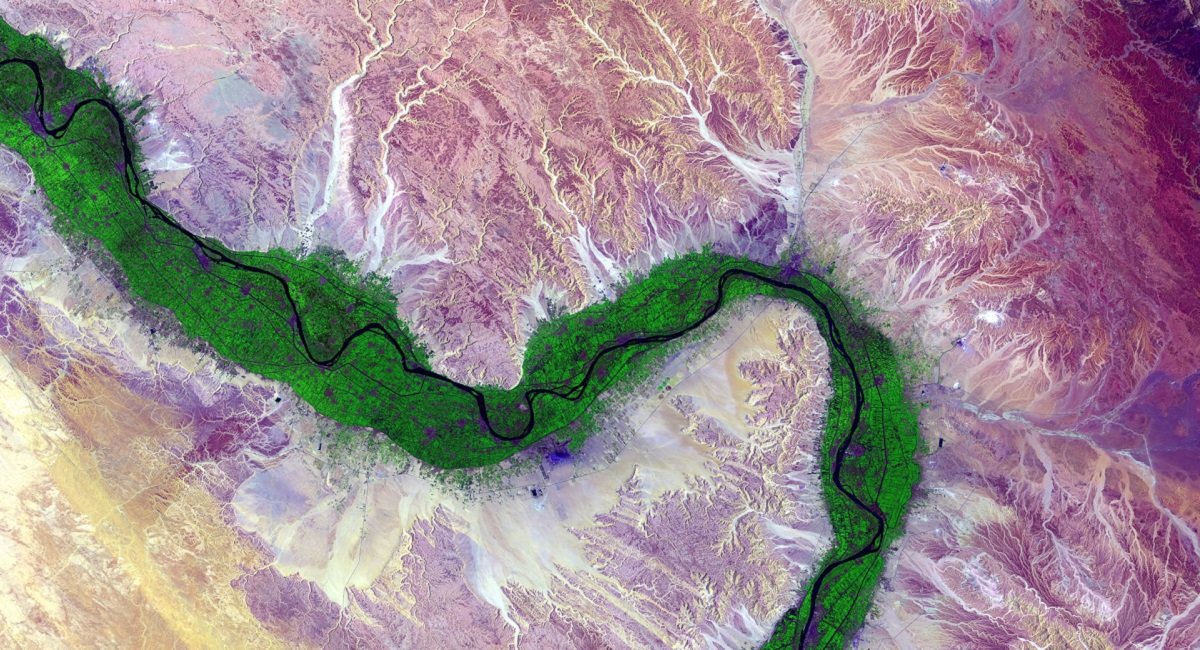

Border clashes between Sudanese and Ethiopian forces are a miscalculation that threatens Sudan’s transition toward democracy.
Sudan’s foreign ministry announced on February 14, 2021, “Ethiopian forces crossed into Sudanese territory in an act of aggression,” marking renewed tensions over the Fashaga region. The border clashes escalated further when elements of the Ethiopian Defense Forces (EDF) mobilized heavy weapons to support the shifta militia in retaliation for the Sudanese Armed Forces (SAF) reclaiming the Fashaga.
The flare-up puts lieutenant general Abdel Fattah Burhan, chairman of Sudan’s Sovereign Council (SC), in a bind. Ethiopian Prime Minister Abiy Ahmed reportedly agreed with Burhan in November 2020 on the deployment of SAF troops to displace Ethiopian farmers from Fashaga, which is recognized as Sudanese territory but does not have a demarcated border. But in January 2021, after the EDF completed operations to take control of Ethiopia’s restive Tigray state, it moved to confront the SAF in Fashaga, motivated in part by ethnic regard for displaced Ethiopian farmers. Ahmed faces pressure from within his own government to assert Ethiopian authority over Fashaga or demand compensation from Sudan before entering into negotiations. Burhan originally deployed the SAF to increase his domestic credibility and take over Sudan’s transition toward democracy, but the failure to anticipate EDF involvement in the dispute is a miscalculation that threatens the transition itself.
Interest of the Military
In December 2020, Burhan issued and later rescinded a decree that the military-led Transition Partnership Council would guide the transition, indicating the military’s desire to take over the transition. Burhan also aspires to the presidency, which would ensure immunity from domestic prosecution for his role as the military commander who coordinated the operations in Darfur that led to the genocide of 2003. According to a February 2021 phone interview with Nazar Abdel Azziz of the opposition Broad National Front, Egypt, Saudi Arabia, and the United Arab Emirates have also nurtured these presidential ambitions by encouraging him to arrest or remove competing officers within the military.
The association of Burhan and other senior military officers with former president Omar al-Bashir hinders these aspirations. After security forces emptied the protest site in Khartoum on June 3, 2019, the population began to see these forces as no different from Bashir. The reluctance to transfer military companies to civilian oversight has also stoked suspicion that the military does not want to hand over the reins of power, since these more than 200 companies are exempt from taxes at a time when inflation has crippled Sudanese living standards.
In an effort to gain domestic credibility, Burhan and other senior military officers have invoked the support of Prime Minister Abdallah Hamdok and civilians from the SC in the recapture of Fashaga. These civilians likely want to end shifta militia raids into Sudan by enforcing a 2008 agreement with Ethiopia in which the latter recognized Sudan’s territorial and sovereign claims to the Fashaga. The Amhara ethnic group, which forms Ahmed’s main support base in Ethiopia and was essential to operations in Tigray, do not acknowledge this agreement because it was signed in secret by Meles Zenawi, former prime minister and head of the Tigray People’s Liberation Front.
Getting out of Hand
The SAF originally perceived clashes with shifta militia as a quick and winnable fight that would garner the support of Sudan’s population, while the EDF was involved in Tigray. According to a February 2021 phone interview with an opponent of the former Bashir regime, while Burhan had an agreement with Ahmed, the SAF did not anticipate a war with Ethiopia because it saw the EDF as a paramilitary force, not a conventional military like the SAF. The SAF believed that a quick victory would win it the credibility of protecting an area that Sudanese feel strongly about. However, the plan has transformed into a series of border clashes, proving that this objective is not attainable.
In fact, the clashes could result in a war that Sudan’s already crippled economy can not support. Hamdok estimates that Sudan’s economy needs $10 billion to recover, a result of decades of the former ruling political order putting most of the country’s resources into defeating armed groups in Sudan’s periphery. The civilian government originally planned to end Sudan’s civil wars to divert 80 percent of the military’s funding to the economy. As war would keep these funds in the hands of the military, it threatens the ability of Hamdok’s government to repair the economy. In addition, supporters of Bashir have launched a campaign of looting and violence to discredit the civilian government and encourage a military takeover.
It is highly probable that the SAF will pass the burden of deescalating the clashes to the civilian government. This would allow the SAF to avoid taking responsibility for the miscalculation, but it would also add to the challenge of steering the transition and encourage the SAF to continue to undermine the transition process.
Jihad Mashamoun is a political analyst of Sudanese affairs and a frequent contributor to The Africa Report and African Arguments-Debating Ideas.



